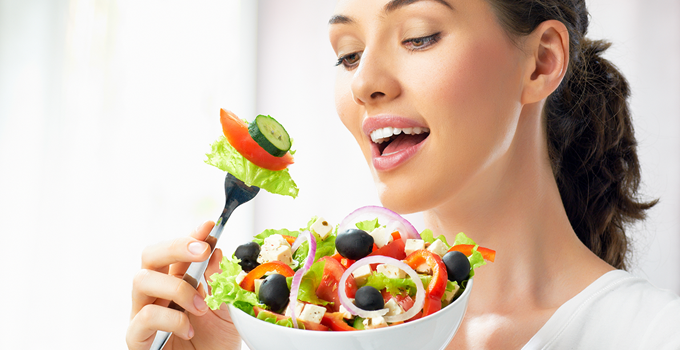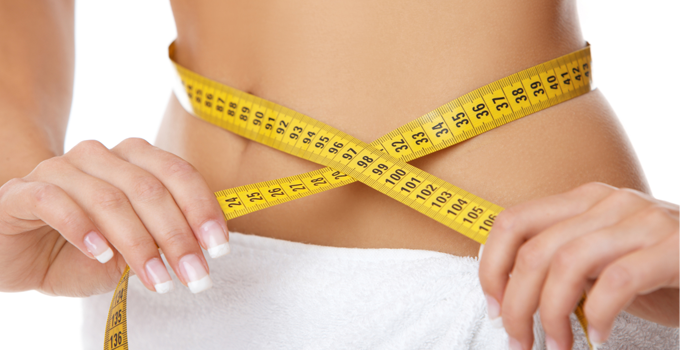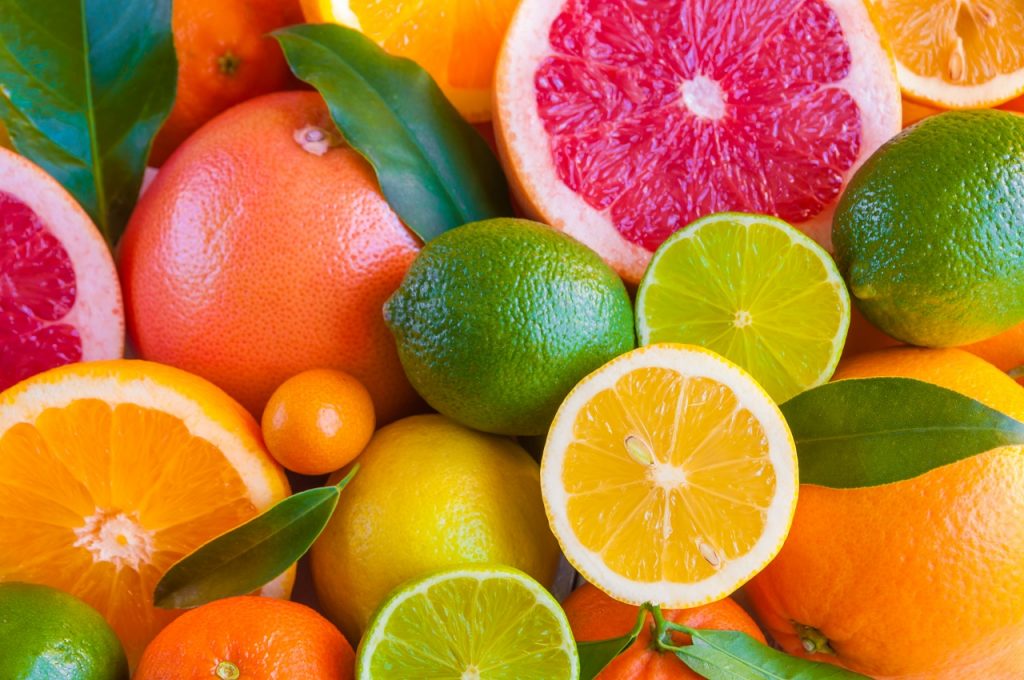
“Lordy, lordy, look who’s forty!” The big 40—it’s a milestone for sure, signalling a time of transition from young adulthood to middle-age.
This is an important decade for preventing lifestyle diseases such as diabetes, heart disease and many cancers later in life. So, if you’ve been making healthy lifestyle choices, keep it up in your 40s, and if you haven’t, now’s the time to start!
Healthy habits like eating right, exercising regularly, getting enough sleep, and not smoking can help reduce your risk for a number of chronic medical conditions.
Age 40 is a milestone when the risk of many health conditions increases. This makes the 40th birthday a perfect time for taking stock of your health. Today, Forty is considered the new twenty. So if you want to feel young and healthy now is a good time to take stock of the situation. Though there might be other things out there more important, do take a deep breath and feel good and healthy.
Adopting a healthy eating plan is the best preventive measure against disease. It involves both avoiding certain foods and incorporating others in varying proportions, making the transition gradual yet effective.
Good nutrition starts with the basics: a well-rounded diet consisting of whole grains, fresh fruits and vegetables, healthy fats, and lean sources of protein. These kinds of foods provide women with plenty of energy, the means for lifelong weight control, and the key ingredients for looking and feeling great at any age. Our diet has a major effect on our food cravings, stress levels and energy throughout the day.
Applying some simple rules will assist our bodies in maintaining hormonal balance and promoting long-term well-being.
Focus on whole, plant-based foods. Fill most of your plate with fruits and leafy green vegetables. Also include a variety of whole grains, beans, and other legumes to give a filling fiber.
Bone up on calcium. Women are at a greater risk than men of developing osteoporosis, so it’s important to get plenty of calcium to support your bone health. While dairy products are high in calcium, their animal fat and protein can accelerate bone loss. So also consider plant-based sources of calcium like beans, broccoli, kale, brussels sprouts, and collard greens.
Make sure you get enough iron. Many women don’t get enough iron in their diet. On top of that, women lose a lot of this important mineral during menstruation. Boost your intake by eating iron-rich foods such as lean red meat, dark poultry, lentils, spinach, almonds, and iron-fortified cereals.
Cut back on alcohol and caffeine. Women who consume more than two alcoholic drinks a day are at a higher risk of osteoporosis. Caffeine consumption interferes with hormone levels and also increases the loss of calcium. Try to limit alcohol consumption to one glass once in a while and caffeine to one cup a day.
Eat the right type of protein. Protein is an essential part of any healthy diet. Protein at this point in your life will help maximise your current metabolic rate and also prevent the loss of lean muscle mass. Eating too much animal protein can cause calcium loss and lead to a decrease in bone density and osteoporosis. Instead of red meat and processed meat, such as hot dogs, bacon, and salami, opt for fish, skinless chicken and turkey, low-fat dairy, and plant-based protein sources, such as beans, nuts, seeds, peas, tofu.
Some of the healthy tips to be focused on:
Avoid
– Ready made meals and microwaving your food in plastics and cling film.
– Genetically modified foods
– Sugar as much as possible
– Food additives such as MSG (monosodium glutamate or better known as Ajinomoto), Fructose, Glucose-Fructose-Syrup, Corn Syrup, Aspartame, Colourings, and E numbers.
– Cut down on sodium
– Eating any food that is burnt
– Carbonated beverages, especially ‘diet’ varieties
– Margarine and other ‘fake’ butter
All foods labelled ‘diet’ or ‘low calorie’ or ‘fat-free
Highly processed foods
Refined grains (white).
Options that can be included in the meal platter:
Eat plenty of raw organic fruit and vegetables
Eat complex carbohydrates
Eat Essential Fats – oily fish, nuts, & seeds (avoid nuts in cases of acne and allergies)
Include healthy fats such as coconut oil, olive oil and butter
Increase your fiber intake
Drink sufficient clean water every day
Eat good, clean sources of proteins.
Eat vegetarian at least once each day
Thoroughly wash all fruits and vegetables before eating.
Feed your body high-quality fuel, monitor its intake and routinely push your engine’s limits to keep it running smoothly. Remember, you are the captain of your plane. Just reach out and take the controls.
We hope this article equips you with valuable insights for maintaining a healthy and balanced life. If you found this information helpful, we’d love to hear your thoughts in the comments below. Find more articles on Women’s Health here. For further information or guidance, reach out to our certified experts by subscribing to GOQii’s Personalised Health Coaching here.


 The moment one imagines citrus fruits, you get the image of yellow-orange coloured tangy fruits which can instantly add taste to a dish. Citrus fruits mainly include lemon, sweet lime,
The moment one imagines citrus fruits, you get the image of yellow-orange coloured tangy fruits which can instantly add taste to a dish. Citrus fruits mainly include lemon, sweet lime, 


